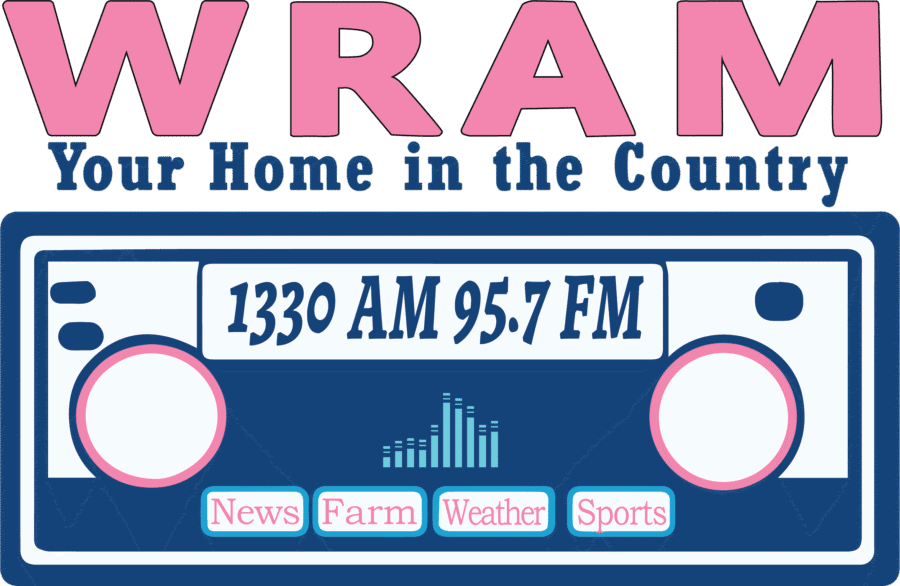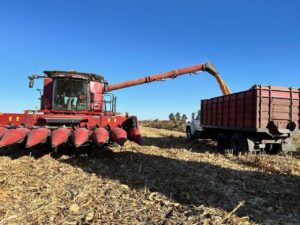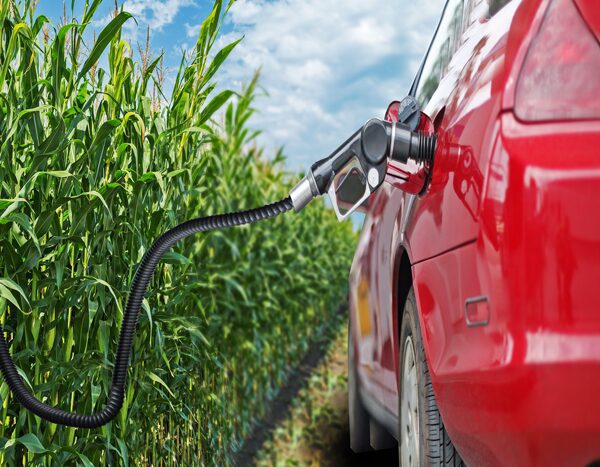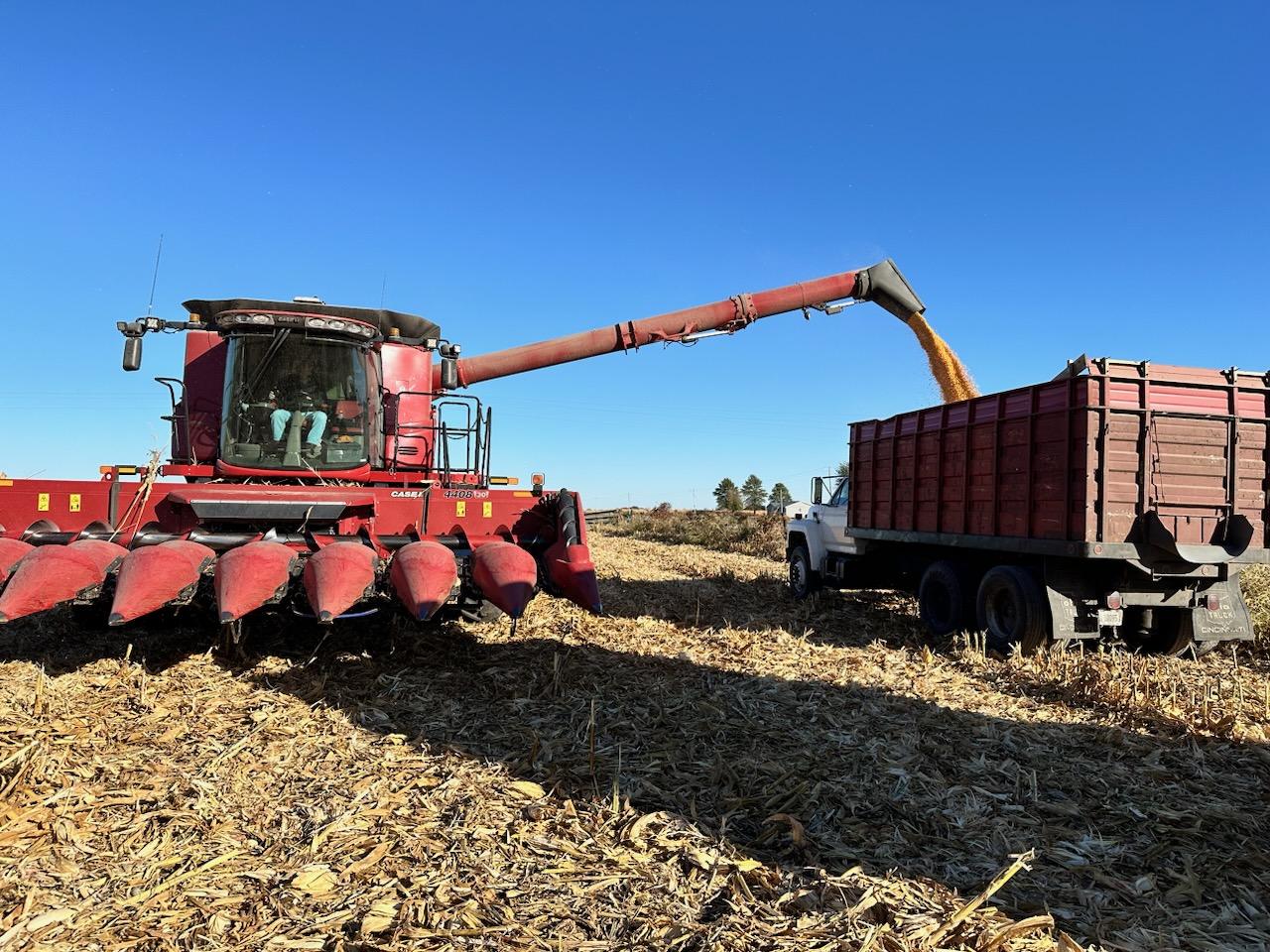Could cows be the answer to high medication prices? Researchers from the University of Illinois and Universidade de Sao Paulo have teamed up to answer just that by using milk.
By inserting a segment of DNA coding for proinsulin into cow embryos, the team created an insulin-producing cow. The insulin was extracted from the milk when the cow began lactation, says Mike Wheeler of the University of Illinois Department of Animal Sciences.

“If you think about a Holstein dairy cow makes 10 gallons a day, of that, five and a half or six percent protein-so that’s a significant amount of protein she produces,” says Wheeler. “Basically, all of the major mammary proteins, genes, and sequences are known, and so we just use one of those mammary-specific promoters to target different proteins for nutrition, for increasing milk production, and in this case for biopharmaceuticals in the milk.”
According to the study, the cow made a few grams of insulin and proinsulin per liter of milk. Each gram of insulin, says Wheeler, is equivalent to 28,818 units of insulin. Wheeler says he hopes this study can help make low-cost, high-quality biopharmaceuticals for patients at an affordable price in the future.













